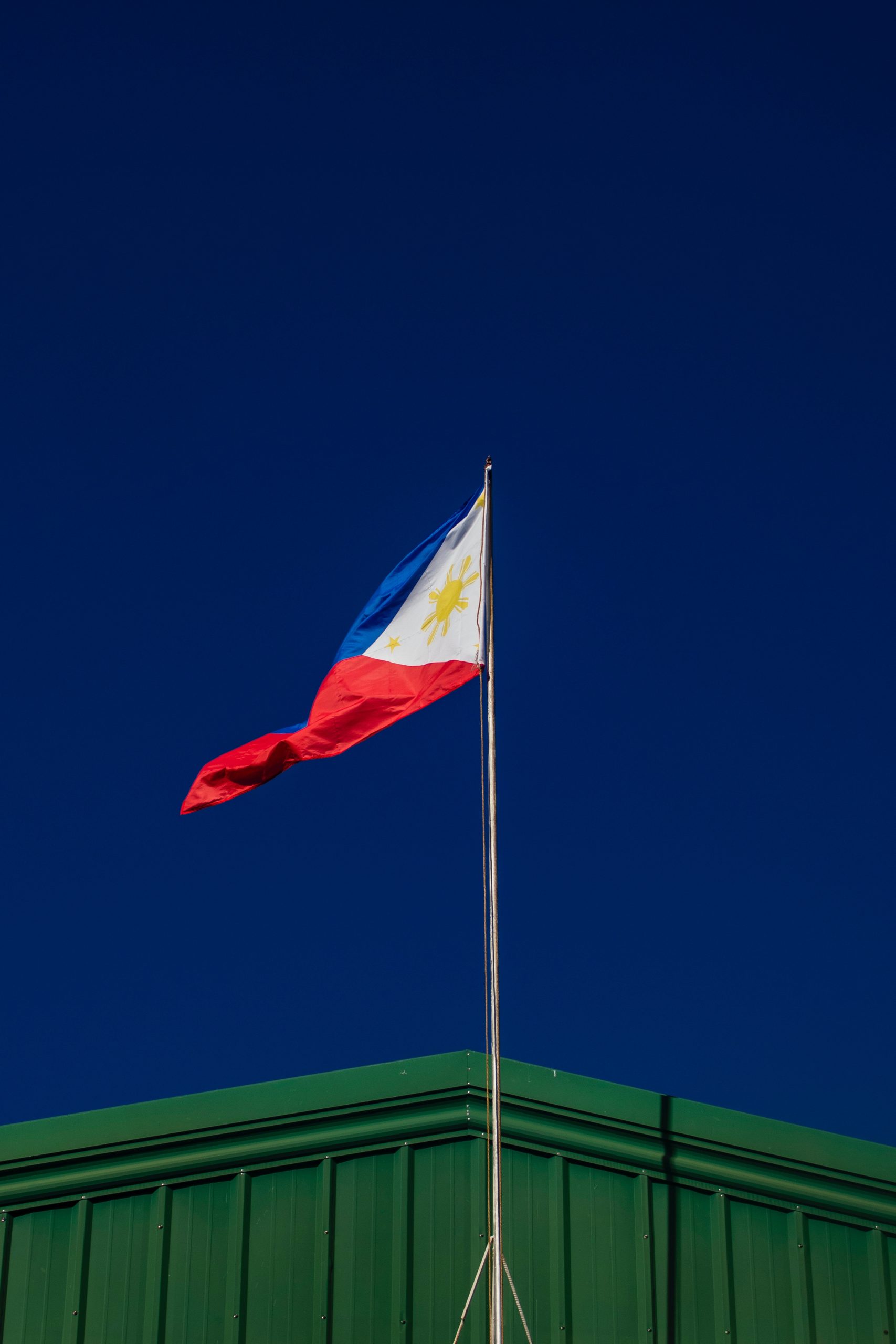News
PH cited for ‘proactive, integrated’ migration policy

This trend, it said, presents a “unique opportunity” for countries to benefit from development gains that may come from migration. (Pexels photo)
MANILA – The Philippines has been cited as a “global good practice case” for its proactive and integrated migration policy in a 2023 World Bank report that highlights the urgency to manage migration better.
In the World Development Report 2023: Migrants, Refugees, and Society released in April, the bank emphasized that the aging population of rich and middle-income countries will lead to an increased demand for foreign workers to sustain their economies.
This trend, it said, presents a “unique opportunity” for countries to benefit from development gains that may come from migration.
At the same time, it underscores the need for origin countries to strengthen the match of migrants’ skills with the demand in a destination state.
“Migration of workers whose skills and attributes are a strong match in destination economies can be a powerful driver of poverty reduction in countries of origin. Some origin countries, such as the Philippines, have managed it as an integral component of their development strategies, with noticeable results,” the report read.
From the 1970s to its current structure, the World Bank said the Philippines’ migration system now encompasses the entire migration cycle from pre-deployment down to eventual return and reintegration.
It acknowledged Manila’s move to enter into bilateral labor agreements with destinations states to provide better conditions for its overseas Filipino workers.
These include labor deals with Saudi Arabia and other Gulf states, which the World Bank said permitted the establishment of a minimum wage while covering broader reforms to better equip workers with technical skills and knowledge.
It also cited programs put in place to prepare Filipino migrants abroad, including the expansion of education in occupations in high demand globally, such as nursing.
“This approach has positive spillovers for the domestic labor market because some graduates from these programs do not migrate. In parallel, the government provides pre-departure orientation programs to inform migrants about the risks and benefits of migration and labor rights and safety measures, as well as information specific to the destination,” it added.
During the report’s dissemination forum on July 10, World Development Report 2023 co-director Quy-Toan Do said countries can make migration a strategic choice for development.
“This is about being not a bystander and watching migration happening but being active on it and to design a policy framework so that it could be innovative,” he said.
“And then we finish with those different linkages between development and mobility —how do we identify the skills, how do we promote the integration of the skill but at the same time keep skills at home for the economic development of the country,” he added.
PH commitment
Department of Migrant Workers (DMW) Assistant Secretary Jerome Alcantara in the same forum pointed out that World Bank’s “match and motive” framework could be used as a practical tool to evaluate the country’s existing migration policies.
He said the DMW is committed to “integrate” it in its planning and program development.
“The report comes at the most crucial time in our nation’s history as the administration of President Ferdinand “Bongbong” Marcos Jr. has adopted the whole-of-government approach in promoting the welfare of migrant workers and their families,” he said.
“We are working with the Department of Foreign Affairs in deploying resources to make sure that our migrant workers are protected overseas. They’re also working with them to make sure that agreements are rights base and are to the best interests of the workers and their families,” he added.
The Marcos administration’s labor migration policies, he added, will remain OFW-centric.
“We wish to say in the Philippines that economic gains, remittances and other positive economic factors that come from the labor migration are mainly happy side effects for all of us. That is not the goal of the government, the directive of the administration is to have the migrant worker and their family at the center of all of the policies,” Alcantara said.





















